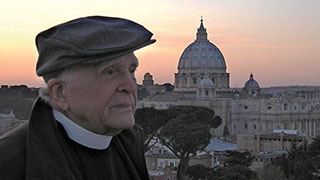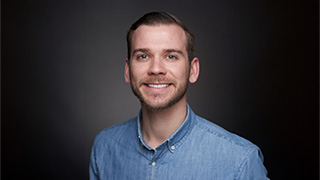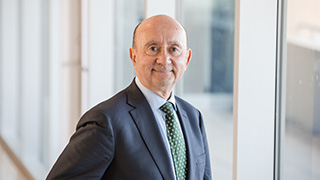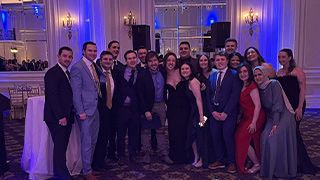Seton Hall Social Work Major Studies Long and Productive Lives
Friday, May 6th, 2022
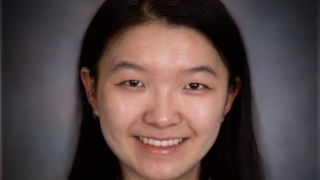
Senior Emily Chou investigates how individuals lead long and productive lives.
As a senior social work major, I was charged with studying the Grand Challenges of Social Work. These Challenges refer to a set of initiatives that address numerous social issues that have arisen with the power of science. It calls for social work researchers and practitioners to harness a knowledge base, collaborate with others from a variety of organizations and fields, and work together to confront these challenges. Social work interventions have decreased infant mortality in the early twentieth century, helped millions out of poverty during the Great Depression, and assisted those in need of health care or treatment.
In today's society, we are still faced with widespread societal issues – including violence, substance abuse, racism, discrimination, injustice, inequality, etc. As a social work major, I decided to study ways to advance long and productive lives. A lack of opportunities available to those who are aging requires creativity to develop new approaches to care. Those who retire often become disconnected from education and work. Older adults need additional opportunities to continue to grow.
This year, I created a poster presentation for the Dr. Paul Shane Policy Symposium and led a facilitated discussion in my senior research seminar course. Both projects focused on exploring ways to advance long and productive lives. My poster presentation explored violence across the life course using the adverse childhood experiences framework. During my facilitated discussion, I was able to explore the topic more broadly, focusing on the current policies and actions in place to help older adults lead productive life after retirement (whether working, volunteering, or caregiving).
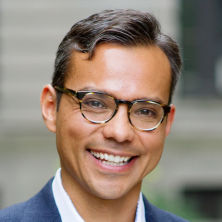
Dr. Ernest Gonzales, a New York University professor, was interviewed by Seton Hall senior Emily Chou for her project.
Additionally, I decided to meet with Dr. Ernest Gonzales, a professor from New York University, who co-authored the position paper on this challenge for the social work profession. Dr. Gonzales highlighted that there are many commonalities between the generations and to counteract ageism is to advance long and productive lives. Younger and older generations should be working with one another, especially considering the similarity in experiences of discrimination and ageism experienced by those who are both young and old. True inclusion means to look at the root of the issue (e.g. all the -isms and discrimination that causes injustice) with an intersectional lens as many of the causes are interrelated. The current focus on older adults, for example, often does not cover the microaggressions that affect their ability to lead productive lives, especially when the group is limited in productive opportunities. Solutions require additional studies and research on the intersectionality between age and functionality in the environment. It is also important to ensure that this research includes those from diverse racial backgrounds. According to Dr. Gonzales, a focus on leading long and productive lives requires bringing forth a sense of humanity back to the community as we recognize the strengths of all age groups and are aware of the power of unity as all people should thrive in a community.
My exploration on this important topic reminds me of the importance of my chosen profession – social work. I look forward to continuing my work as I graduate next month and pursue my Master's Degree in Social Work at Columbia University. Inquiries regarding the Grand Challenge can be directed to Ernest Gonzales.
More information and resources about the Grand Challenge can be found on the Grand Challenges webpage and the NYU Chai webpage.
Categories: Arts and Culture

